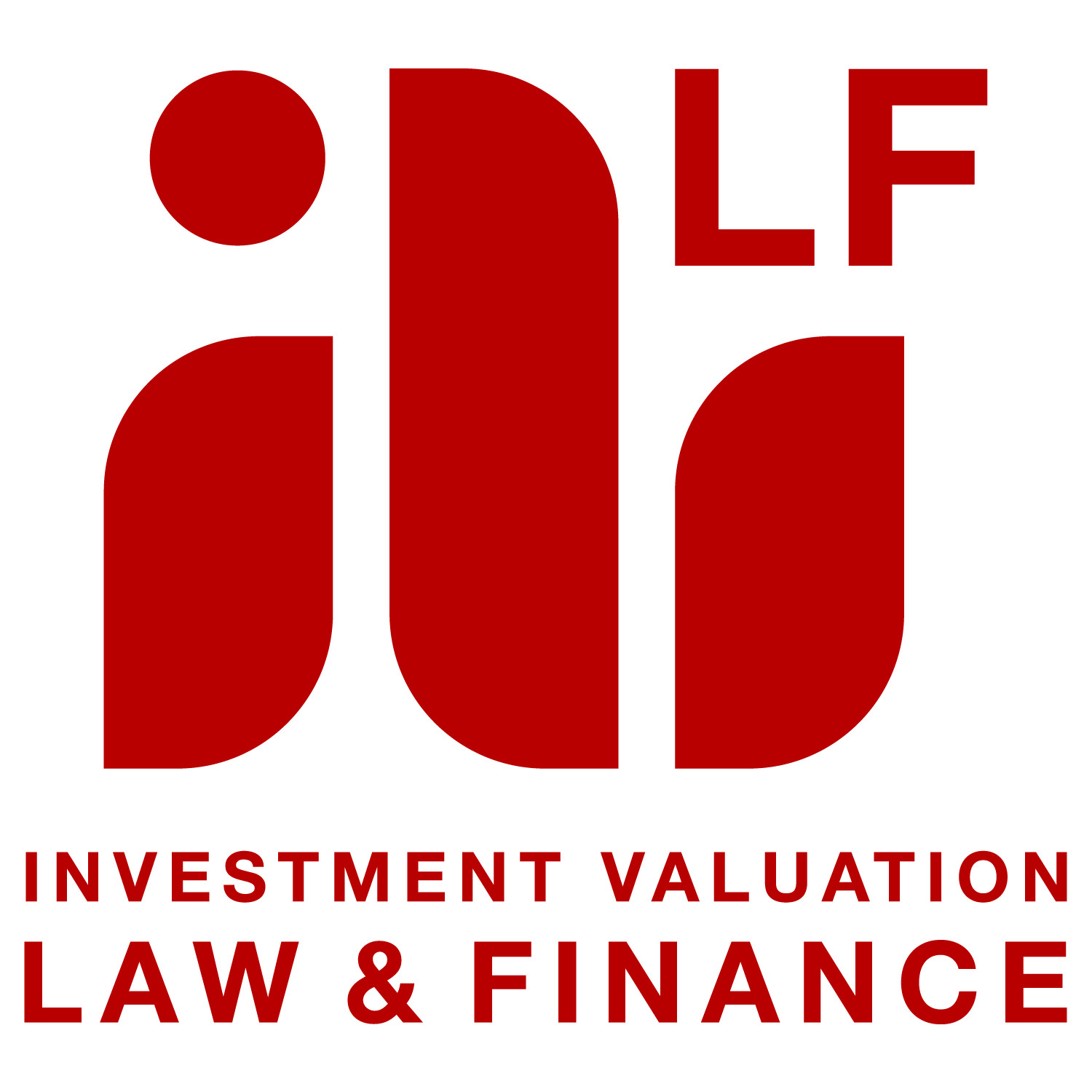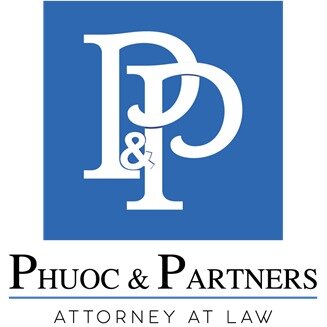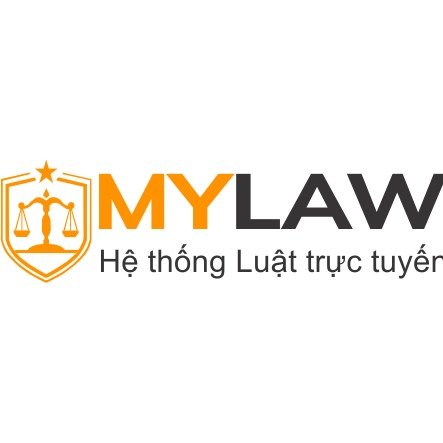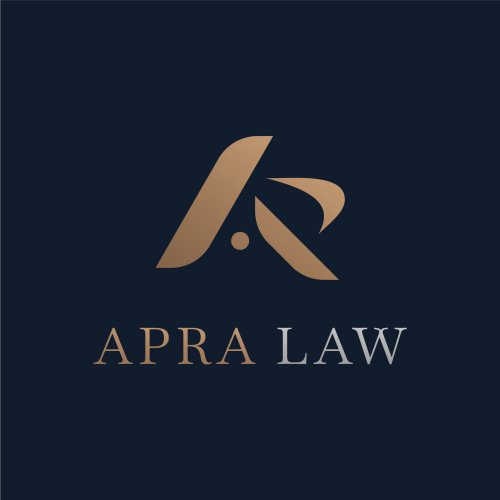Best Private Equity Lawyers in Hanoi
Share your needs with us, get contacted by law firms.
Free. Takes 2 min.
List of the best lawyers in Hanoi, Vietnam
About Private Equity Law in Hanoi, Vietnam
Private equity (PE) involves investments in private or non-publicly-traded companies, commonly through the acquisition of shares or business restructuring. In Hanoi, Vietnam, the private equity sector continues to grow as the country’s vibrant economy attracts both domestic and international investors. Vietnamese private equity transactions are governed by a legal landscape that emphasizes transparency, regulatory oversight, and protection of investment interests, especially in sectors deemed sensitive or strategic by the Vietnamese government.
Why You May Need a Lawyer
Engaging in private equity transactions in Hanoi can be complex, particularly due to regulatory requirements and the need for due diligence. Here are some common situations where legal assistance is invaluable:
- Structuring investments to ensure compliance with Vietnamese laws and regulations
- Negotiating and drafting shareholder agreements, investment contracts, and exit strategies
- Conducting due diligence on target companies to identify risks and liabilities
- Advising on foreign ownership limitations and sector-specific restrictions
- Facilitating registration and licensing with relevant Vietnamese authorities
- Handling tax structuring and repatriation of profits
- Resolving disputes between investors, founders, or management
- Representing clients in regulatory investigations or litigation related to private equity interests
Local Laws Overview
Private equity activities in Hanoi are subject to a combination of laws and regulations, including but not limited to the Law on Enterprises, Law on Investment, Law on Securities, and related guidance decrees. Key aspects relevant to private equity include:
- Foreign Ownership Restrictions: Some sectors in Vietnam still limit the percentage of foreign ownership, and investments in certain industries may require approval from government authorities.
- Investment Registration: Foreign investors generally need to register and obtain an investment registration certificate (IRC), as well as an enterprise registration certificate (ERC), for each project or company.
- Taxation: Private equity transactions may trigger various tax obligations, such as capital gains tax, corporate income tax, and withholding tax on dividends and interest payments.
- Capital Contribution and Repatriation: Vietnam has clear regulations and procedures for capital contribution, reporting, and repatriation of profits, which can affect entry and exit strategies.
- Anti-trust and Competition Law: Large mergers or acquisitions may be subject to competition filings and can be reviewed or challenged by the Vietnamese authorities.
- Sector-Specific Regulations: Investments in sensitive sectors, such as banking, insurance, defense, or telecommunications, are governed by industry-specific regulations and may require additional scrutiny.
Frequently Asked Questions
What is the minimum capital requirement for private equity investment in Vietnam?
There is no general minimum capital requirement, but certain sectors or business lines may stipulate minimum investment amounts in line with Vietnamese law or international treaties.
Can foreigners own 100 percent of a Vietnamese company?
Foreigners can own up to 100 percent of companies in many sectors, but a few industries impose restrictions on foreign participation or require Vietnamese partners.
Are private equity investments regulated differently from public market investments?
Yes, private equity transactions usually involve direct investments in unlisted companies and are primarily governed by the Law on Enterprises and Law on Investment, while public market investments are subject to the Law on Securities and stock exchange regulations.
How are private equity funds structured in Vietnam?
Most private equity funds operate as limited liability companies (LLCs) or joint stock companies (JSCs) and are often established in special economic or industrial zones to benefit from tax incentives.
What is the process for foreign private equity firms to invest in Hanoi?
Foreign investors typically need to secure both an investment registration certificate (IRC) and an enterprise registration certificate (ERC), along with fulfilling sector-specific and licensing requirements.
How is due diligence typically conducted in Vietnamese private equity transactions?
Due diligence covers legal, financial, tax, and operational factors and is usually carried out with the assistance of local lawyers and accountants to identify risks such as ownership issues, undisclosed liabilities, or regulatory violations.
Are there exit restrictions for foreign investors in private equity?
Yes, exits may be subject to contractual lock-ins, sectoral approval requirements, and regulations concerning the repatriation of capital and profits.
What taxes apply to private equity transactions in Hanoi?
Taxes may include capital gains tax, corporate income tax, value added tax (VAT), and withholding tax on dividends or profits repatriated abroad.
Can disputes arising from private equity deals be resolved through arbitration?
Yes, Vietnam recognizes arbitration agreements and awards. Many private equity contracts provide for dispute resolution through local or international arbitration centers such as the Vietnam International Arbitration Centre (VIAC).
How long does it typically take to complete a private equity transaction in Hanoi?
The timeline depends on the complexity of the deal, regulatory approvals, and due diligence findings, but a typical transaction may take from three to six months or longer.
Additional Resources
For further information and assistance regarding private equity law in Hanoi, you may consult the following:
- Ministry of Planning and Investment (MPI) - the main agency for foreign investment approvals
- Hanoi Department of Planning and Investment - handles local business registration and investment inquiries
- Vietnam International Arbitration Centre (VIAC) - for commercial arbitration and dispute resolution
- Vietnam Investment Review and local economic publications - for news and regulatory updates
- Professional business associations, such as the Vietnam Association of Corporate Directors (VACD) or foreign chambers of commerce
Next Steps
If you are considering a private equity investment or facing issues with existing investments in Hanoi, it is advisable to seek legal guidance early in the process. Here is how you can proceed:
- Define your business objectives and investment strategy clearly
- Request a consultation with an experienced Vietnam-based private equity lawyer or law firm
- Prepare relevant documentation, such as company records, proposed shareholder agreements, and sectoral approvals if needed
- Conduct preliminary due diligence with the help of professionals
- Ensure that any advisor or lawyer you approach is registered and in good standing with Vietnamese legal or regulatory bodies
- Regularly review developments in Vietnam’s legal and business environment to remain compliant with updated regulations
Taking these steps will help protect your investments and interests in Hanoi’s dynamic private equity market.
Lawzana helps you find the best lawyers and law firms in Hanoi through a curated and pre-screened list of qualified legal professionals. Our platform offers rankings and detailed profiles of attorneys and law firms, allowing you to compare based on practice areas, including Private Equity, experience, and client feedback.
Each profile includes a description of the firm's areas of practice, client reviews, team members and partners, year of establishment, spoken languages, office locations, contact information, social media presence, and any published articles or resources. Most firms on our platform speak English and are experienced in both local and international legal matters.
Get a quote from top-rated law firms in Hanoi, Vietnam — quickly, securely, and without unnecessary hassle.
Disclaimer:
The information provided on this page is for general informational purposes only and does not constitute legal advice. While we strive to ensure the accuracy and relevance of the content, legal information may change over time, and interpretations of the law can vary. You should always consult with a qualified legal professional for advice specific to your situation.
We disclaim all liability for actions taken or not taken based on the content of this page. If you believe any information is incorrect or outdated, please contact us, and we will review and update it where appropriate.

















